
In one of Brooks Jensen’s latest Lenswork podcasts titled “Your Photographic Will”, Brooks explores the idea of what to do with all of our photographs when we head for that big darkroom in the sky. Brooks raises some good points and has some interesting suggestions, including deciding whether we should give away, sell, donate or destroy our work while we are still around to do something personally with it.
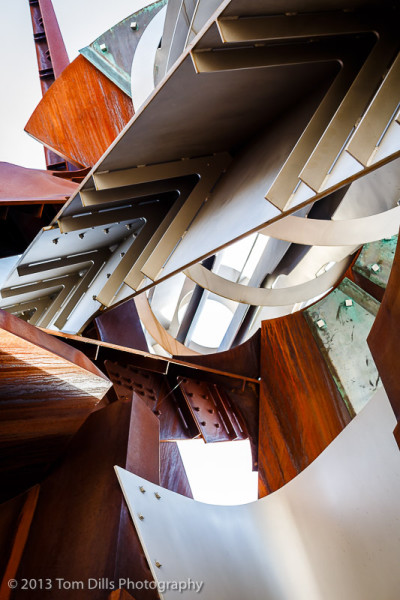
I’ve always found such discussion to be somewhat presumptuous, since for most of the photographers I know, I can’t imagine that anyone, not even our families, is going to give a flip about our photographs when we’re gone. Heck, for the most part no one gives much of a flip about our photographs while we’re here!
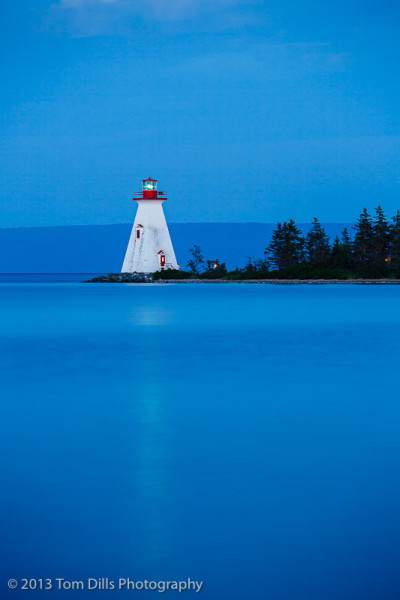
There are a number of photographers these days who are making a significant enough contribution to photography that their work is important enough that they need to think about such things. Brooks is probably one of those photographers, if for no other reason than being the editor and publisher of one of the pre-eminent fine art photography magazines around. But for the most part, photography has become so ubiquitous and there are many photographers making reasonably good work these days. The chance of anyone’s work achieving whatever level of acclaim is necessary to be considered important enough to worry about is pretty slim.

As much as I enjoy printing, I have never made a darkroom print, so I don’t have an inventory of prints that I have made over the years. Heck, I’ve never even been in a darkroom with someone else developing or printing, let alone done my own! Most of the inkjet prints I have made over the years have gone directly into a frame, been shipped off to a customer or torn up and tossed in the trash. I don’t keep a ready supply of prints hanging around in boxes.
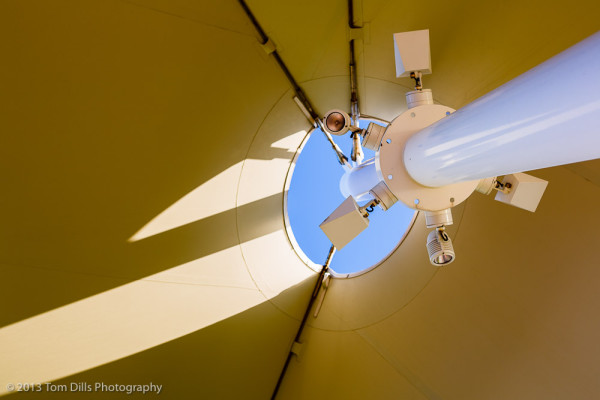
I’ve given some prints away to friends over the years, but I’ve always felt a little guilty giving someone a gift that they were going to need to spend money to have framed. In our previous house I had made and framed a number of prints, but I made a conscious decision when we moved to our new place to start from scratch. I did keep and hang a select few of those prints, but many of the prints were from my early days of printing and not of a quality that I considered to be worth hanging on to. So I tossed most of those in the trash and either repurposed the frames or took them to Goodwill.
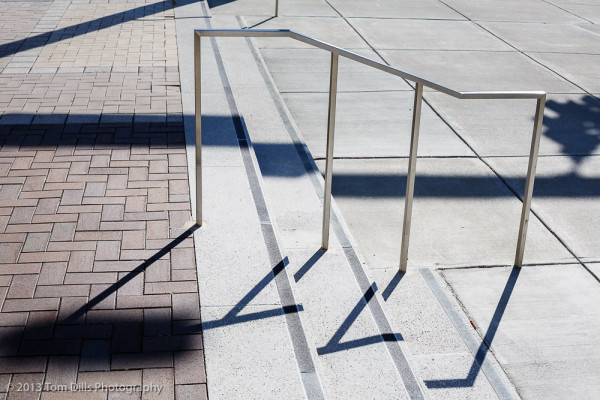
Recently I have been making some new prints of some of my work for specific locations in our new home. I have a few more to make and plan to do a blog post about them when I’m done. But those are prints done for décor, not for sale to anyone else. I have made “test prints” on my own printer but then shipped the files off to be printed by a lab on canvas or wood. There may be a metal or glass print in my future, but we’ll have to find the right photograph and the right location.

So as far as my own “Photographic Will” there’s not much to get excited about. My camera gear is probably worth more than my inventory of photographs. Other than a few boxes and binders of slides and negatives, most of my “serious” photography is on a single hard drive, backed up in multiple places, of course!
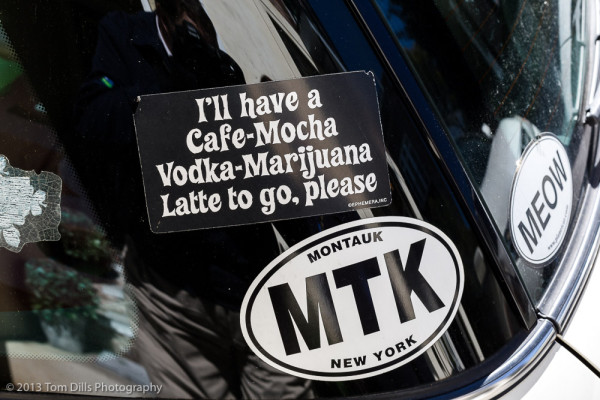
One of Brooks’ suggestions that I really did like was the idea of producing a printed book or a series of books of our photographs. There are many places to have books made, and they could be given away to family and close friends now, while I can enjoy sharing with them. I like that idea and am currently thinking of a few ways I could present my photographs that was meaningful to me while at the same time was something that others could enjoy too.
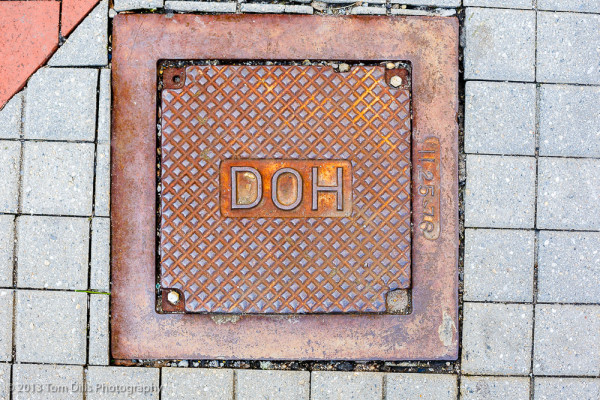
I’m actually kind of glad that I don’t have a lot of stuff to keep track of or worry about. Kathy already thinks I have too much stuff, but by a lot of people’s standards I don’t have much at all. She is definitely glad that it is all contained in a single room of our house. Except of course for the prints that I’ve been hanging on the walls. For that I think she is happy, or at least she hasn’t told me to stop. Yet!

I haven’t made a print in a long time as I post most images to the web. I have also wondered about this same thing: how would I pass on my images and would anyone care? A couple years ago I made a small book from Blurb as a gift to my parents, sisters and children For Christmas. They enjoyed it so this year I made a larger book, both in size and content, as a gift. I also have a couple more books I’m working on. One is about me, what my childhood, teenage years, marriage and family, career accomplishments, we’re like from my perspective. The other book is a series of reflections on life which I’m hoping will be an opportunity to pass along to children and grandchildren. And, my favorite image is the lighthouse.
Oh, and that second book with all my wisdom to pass along will probably only be a couple pages in length.
Easy there, Monte. I’d be more willing to say it would take a couple of volumes, not pages. Although it would make a fun April Fool’s joke: All My Wisdom – front cover, back cover, done.
I do really like the book idea and will definitely need to give it a try. I’ve done PDF books but think an actual paper book, done well, would be a real keepsake.
The lighthouse is one of my favorites, too. I previously posted a “landscape” version of it but tend to prefer the “portrait” version. And I still remember the mosquitos I was swatting away while I made those photos!
For the past few years I’ve been having a book of photos printed and giving them as presents to a few people that I think would enjoy them. I keep one for myself, too. I don’t believe anyone would be interested in my personal photo and I’m fine with that. Even I would not want the responsibility of archiving the photos of someone else. Besides, who knows if these hard drives will even function 5, 10 or 20 years from now? These photos are like a musicians performance – gone after the listener leaves.
That’s a good point about the hard drives, Ken. Although with a son who is a computer guy that probably wouldn’t be an issue. He could at least use the hard drives to store music!
I do think that the main audience for our photographs is us. We’ve treated them that way and as long as they make us happy that’s all that really matters. It is unlikely that anyone else would appreciate them as much as we do.
This is a familiar subject about which I’ve had a number of conversations. The way I see it there’s two ways of looking at the idea of one’s photographic legacy. It can be seen as something of ourselves we leave behind in the hope to be remembered and for the benefit of family members left behind. From that perspective, I’ve created a Flickr account where I upload all my family shots. My kids have access to it and in the future (assuming Flickr stays around long enough), if they ever want to show their kids what they looked like as children etc. they will be able to.
But I think there’s another perspective and that is from an anthropological point of view. All the millions of photos being uploaded everyday with all their metadata of time and location creates a visual history the likes of which the world has never seen. As long as these photos are sitting on a publicly accessible server somewhere, they will help form a picture of the world that was. And with algorithms like “Deep Learning” and other AI driven search tools, future generations will have rich, visual experiences of the past. Imagine being able to see the Kidston Island Lighthouse from all sorts of angles across decades. And in that delivery, there would be your picture Tom. Sure, no one will care who took the photo but in the end, making photos is never really about that, is it?
Interesting perspective, Cedric. And while I don’t necessarily disagree with the idea of using Flickr or Facebook as a repository, or having our photographs being used in sort of a global, crowd-sourced Google Street View (that’s already being done), I’m more interested in whether or not anyone cares if my archive of hundreds of thousands of photos “outlives” me. I do my photography primarily for myself, and enjoy sharing my photos with others when I get to directly experience their joy and appreciation. To my kids and grandkids, they will likely be more of a novelty than anything, and they’re liable to have more interest in my ancient camera equipment than the photographs they took.
Brooks has asked that question before over the years… Sort of a, “What’s it all about Alfie?” thing? And your questions tease out the wonder farther…. Let me think through my fingers here for few secs, K?
(1) I know a number of people who claim that you cannot be a musician, no matter how fine you are in private, if you never have a listener. Sound odd? If I play the clarinet only for me… am I a musician? Hmmmm…. (2) There are those who extend this question to Emily Dickenson who was never read in her lifetime. But when they cleaned her stuff out popped reams of paper and CLICK! then she was a poet. (3) Someone doodled in caves in France… But since we will never know who, that person will never be an artist since this cave art was discovered well after that person was forgotten. (4) Who was the third mayor of Lancaster, Pennsylvania? Of Paris? Have they left their marks? Or do marks merely remain? (4) Ever heard of M. Agrippa and L.F. Costertium? Above the facing portal of the Roman Pantheon, the world’s oldest continuing operating building, are inscribed their names followed by “Fecit”… Meaning these two guys made it. Now that’s a mark that’s resonated, yet no one knows anything about either of them.
I’m guessing we’d all sort of like to make a historic mark that’s bound to both our names and identity. So the fantasy is that our images will be the time machine that says we… Fecit. It’s not so much a conceit but the same sort of dream we all get in the days between our purchase of a lottery ticket and the disappointment on drawing day.
Death’s our drawing day, but until then, hey! It’s fun to dream that we… Fecit and like Emily our art willl be recognized even longer than the scribbler on those cave walls, huh?
Thanks for stopping by and sharing your thoughts, Ted!
An interesting post, Tom. I would imagine that perhaps my kids may have a little bit of interest in some of the photos of themselves when they were younger, of their mom, and the few of myself, but outside of that, zero. I think that they might take the computers, keep the photos, but never look at them.
That doesn’t matter, though. I’m not trying to leave a legacy or anything. I just like to take pictures and share them.
Thanks, Paul. I’d like to think that we’ll leave something behind other than bits and bytes on a hard drive, but we won’t be around to know!
I listened to the same podcast just the other day Tom. It is actually a subject I have thought about now and then. Since I don’t have kids, I suppose there is a tiny bit of me hoping something I did is remembered, but I don’t dwell upon it.
I am reminded of a box of slides that my mom said she had of my grandfathers. Seems boxes of slides are something people don’t like to deal with much because of “accessibility”. Who has a slide projector who wasn’t brought up with film photography?
I think the printed books are best. Easily transferred without creating too much of a burden for those that wish to look at them.
I love coming across old photographs, Mark. There is something about them that feels magical and permanent. And I’d like to think that our descendants will feel the same about books. Hard to say, but the technology doesn’t go out of date!